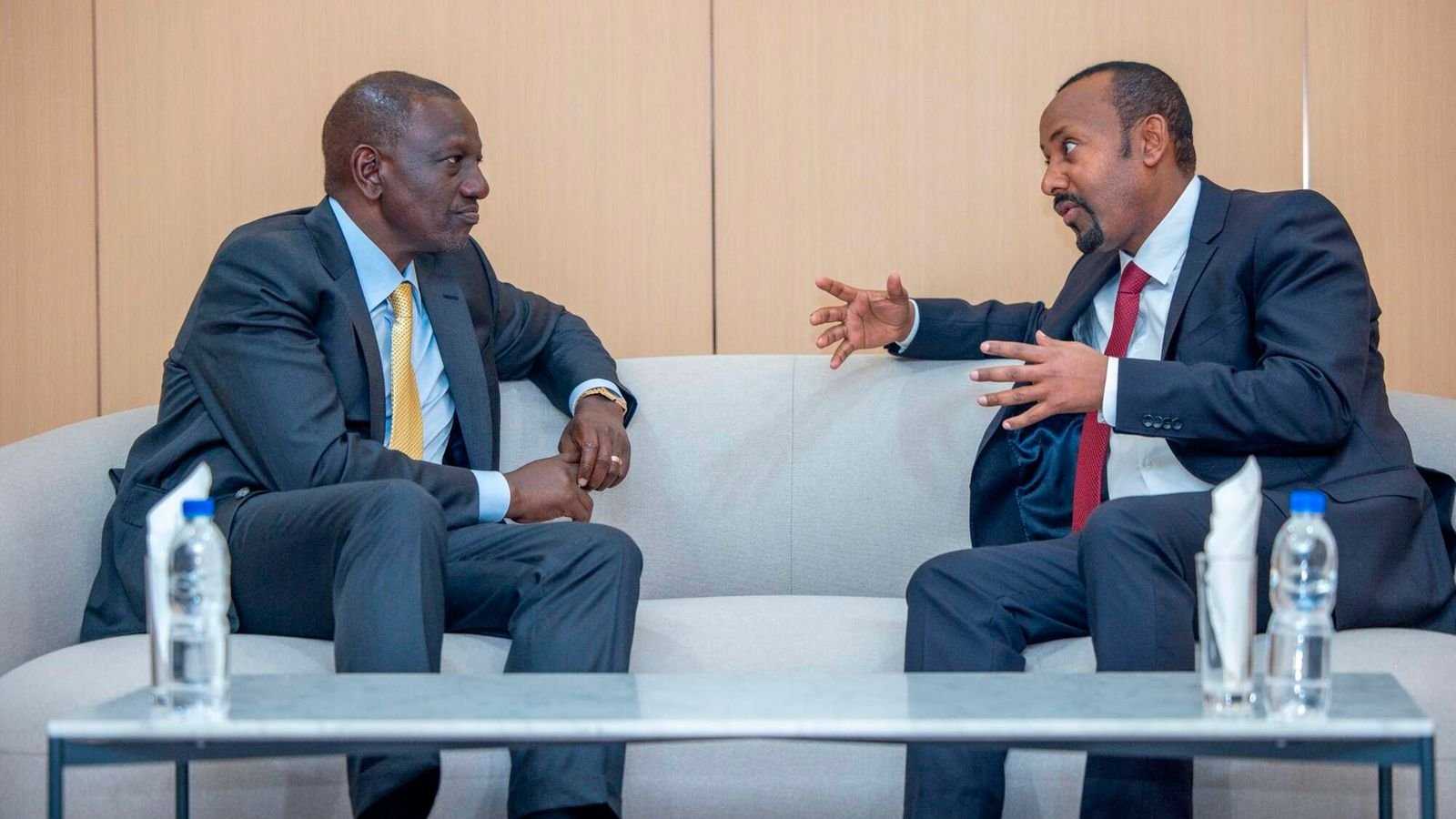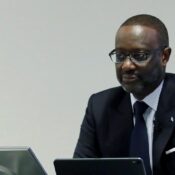
Leaders connect the pursuit of peace with the resolution of hunger
Leaders convened in the Ethiopian capital, Addis Ababa, on Thursday to advocate for a connection between peace and security and the resolution of chronic hunger in the region.
At the ‘World Without Hunger’ Conference, they took the opportunity to advocate for collaboration in utilizing new technology that can produce food in response to unpredictable weather patterns.
Ethiopian Prime Minister Abiy Ahmed, Kenya’s President William Ruto, and various other leaders, including high-ranking officials from the United Nations and the African Union, acknowledged that one of the challenges in pursuing peace is related to adequately providing food for the populations.
“In a world marked by increasing inequality, pervasive poverty, conflict, and climate disruption, the imperative to eradicate hunger permanently and secure food for our swiftly expanding populations has reached an unprecedented level of urgency,” Dr. Ruto stated in a speech.
“It is essential to create agricultural systems that cater to the specific needs of various communities, to invest significantly in enhancing sustainable production across all value chains within our food systems, and to prioritize strategies focused on developing resilient food systems,” he stated.
The event received sponsorship from the United Nations Industrial Development Organization (UNIDO) and the African Union Commission (AUC).
Gerd Muller, the director-general of UNIDO, urged developed nations to honor their previous commitments to Africa, including providing inclusive access to financial markets and funding for climate change mitigation efforts.
Ethiopia’s Abiy emphasized national initiatives such as “Made in Ethiopia” and Integrated Agro-Industrial Parks, which foster job creation, income growth, and resilience, establishing Ethiopia as a significant contributor to global agricultural development. In Kenya, Ruto discussed the government’s initiatives aimed at enhancing food security, which include offering affordable inputs to farmers and increasing the area of fertile land under irrigation.
One initiative includes school feeding, providing regular basic meals to children in certain public schools. In 2023, it cost $30 million, a sum that fell short, yet officials assert it is addressing a significant issue: school dropouts and malnutrition. Ruto emphasized the importance of innovation and adaptability for African countries.
Ethiopia has implemented tree-planting campaigns to motivate rural communities to cultivate numerous fruit trees, viewing this as a means to address climate change and ensure food security.
The nation has transitioned into a net importer of wheat, facilitating the sale of its surplus produce to neighboring countries.
However, his country has faced challenges in recovering from the devastating Tigray war, which displaced almost 2 million individuals and sparked concerns over starvation due to delayed access to food assistance.
The nation is presently confronting armed militias in different regions, a situation that may hinder the overall recovery process.
“Addressing hunger requires a collective effort, emphasizing essential commitments to a Global Fund for Food Security, sharing knowledge across borders, implementing aligned policies for equitable access, and providing support for smallholder farmers, particularly women,” Abiy stated.
“The vision for Zero Hunger encompasses more than just tackling hunger and malnutrition. The proposal emphasizes the need for sustainable and fair food systems that ensure everyone has access to adequate food. “It is about enabling our populations to live dignified lives free from basic wants,” he continued, “he added.”
A recent report by the UNFAO and WFP indicates that 733 million people — 1 in 11 worldwide — are experiencing hunger, representing an increase of 152 million individuals since 2019.
In Africa, one out of every five individuals experiences hunger on a daily basis. Hunger levels have now escalated to concerning heights in five African nations: Burundi, Chad, Madagascar, Somalia, and South Sudan.
Among the leaders who spoke at the meeting were Ethiopian Prime Minister Abiy Ahmed, President Julius Maada Bio of Sierra Leone, UAE Minister of State Sheikh Shakbout, and Deputy African Union Commission Chairperson Monique Nsanzabagwana.
All Categories
Recent Posts
Tags
+13162306000
zoneyetu@yahoo.com



